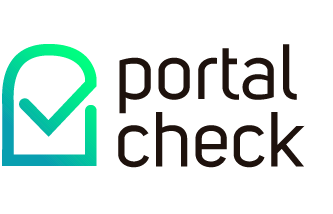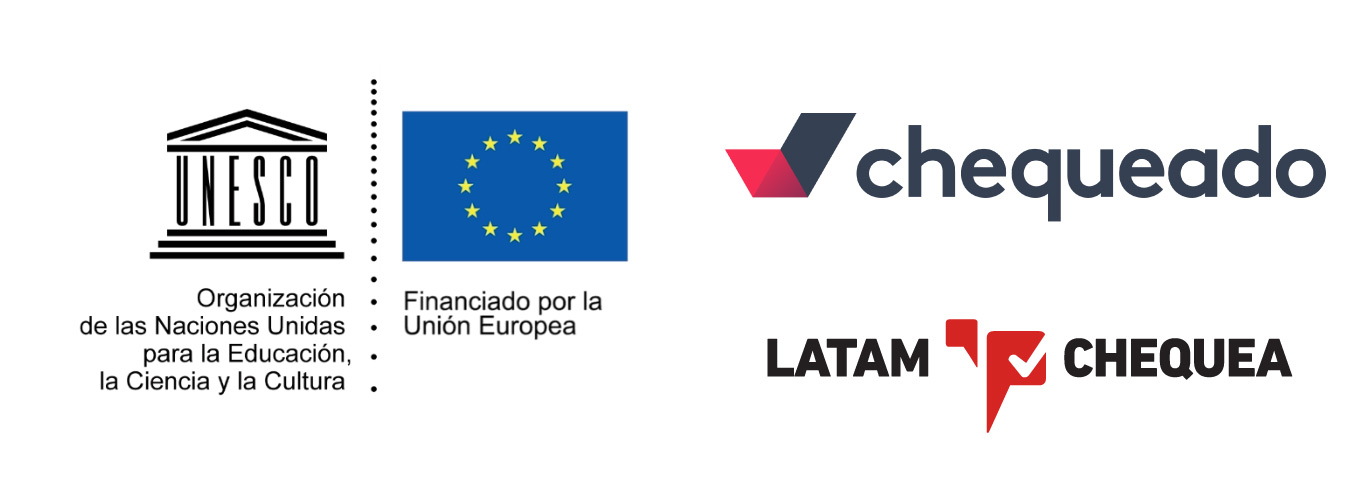Quick Take
Social media posts falsely claim that the CARES Act was introduced Jan. 24, 2019 to perpetuate the falsehood that the COVID-19 pandemic was planned or known about in advance. The CARES Act was introduced March 25 as a substitute amendment, replacing the title and language of an older, unrelated bill.
Full Story
The COVID-19 economic stimulus bill, called the Coronavirus Aid, Relief, and Economic Security Act, or CARES Act, wasn’t introduced as a separate bill. Rather, it was introduced as a substitute amendment to an unrelated existing tax bill — H.R. 748, the Middle Class Health Benefits Tax Repeal Act of 2019.
The Senate uses this approach to craft legislation affecting taxes because, under the Constitution, the House of Representatives is supposed to originate “all bills for raising revenue.” The Senate, however, is allowed to amend such bills.
That ability to amend has been broadly interpreted to cover the process of taking a revenue-related bill delivered to the Senate after passing in the House, striking the language, and replacing it with a whole new bill — thus using the original bill as a shell. Both parties do it; Democrats did it with the Affordable Care Act in 2009.
In the case of the CARES Act, Senate Majority Leader Mitch McConnell resurrected a bill that had been languishing in the Senate since the summer, calling it, “a shell that will serve as the vehicle for the CARES Act.”
That bill, the Middle Class Health Benefits Tax Repeal Act of 2019, had aimed at cutting taxes on certain health care plans. It was introduced in the House on Jan. 24, 2019, passed on July 17, 2019, and was sent to the Senate the next day. Nothing happened to it until March 2020, when Congress began putting together a stimulus package as the economy was battered by the effects of COVID-19.
McConnell introduced the CARES Act on March 25 as an amendment to H.R. 748 that completely replaced the original bill. None of the original language remained.
This parliamentary maneuver has contributed to the spread of false claims online that the pandemic was either planned or known about in advance.
A screen grab from Wikipedia highlighting the bill’s introduction date has been circulating on social media with text that says, “Can I ask a stupid question? How can this be? Why was this law introduced over a year ago for a virus that allegedly did not get here until a few months ago !?!?!?!?”
Further contributing to the confusion, other versions of the claim use screen grabs from Wikipedia that showed an even earlier, incorrect date.
According to the editing history of the CARES Act Wikipedia page, the incorrect date of Jan. 24, 2017, was displayed for about a day before it was corrected on the famously user-generated online encyclopedia. At one point, the entry showed an even earlier date, saying that the bill had been introduced on Jan. 24, 1917.
Despite the typo in the Wikipedia entry, social media posts are circulating with screen grabs of the 2017 date say things like, “Check the dates.. PlanneDemic,” and “Clearly a PLAN – DEMIC.”
But the posts prove no such thing. All they show is a typo on Wikipedia and a misrepresentation of the bill’s legislative history.
Editor’s note: FactCheck.org is one of several organizations working with Facebook to debunk misinformation shared on social media. Our previous stories can be found here.
Sources
Kysar, Rebecca. “The ‘Shell Bill’ Game: Avoidance and the Origination Clause.” Washington University Law Review. 2014.
Saturno, James. “The Origination Clause of the U.S. Constitution: Interpretation and Enforcement.” Congressional Research Service. 15 Mar 2011.
US Congressional Record. Vol. 166, No. 54. “MIDDLE CLASS HEALTH BENEFITS TAX REPEAL ACT OF 2019–MOTION TO PROCEED.” 20 Mar 2020.
U.S. House of Representatives. Coronavirus Aid, Relief, and Economic Security Act. All Actions. Accessed 1 May 2020.
Wikipedia. “Coronavirus Aid, Relief, and Economic Security Act: Difference between revisions.” 27 Apr 2020.

